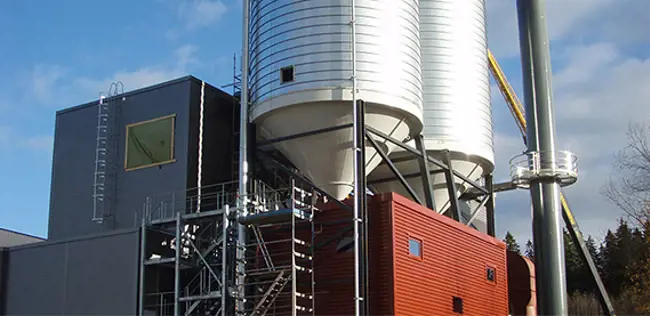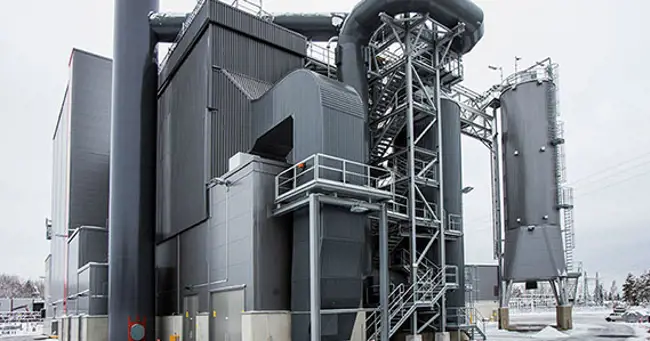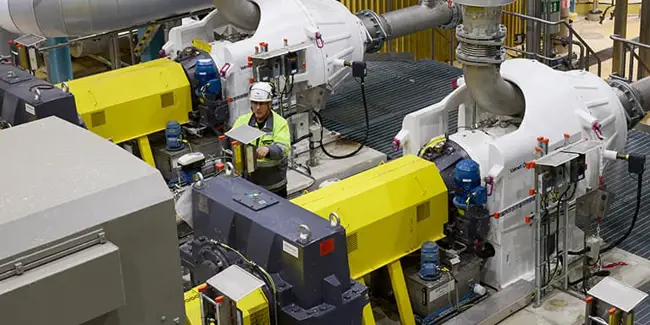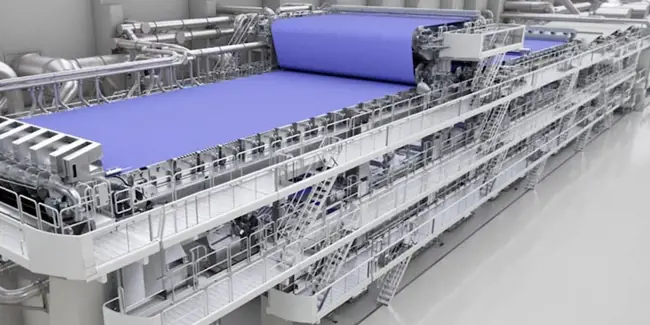Valmet delivered boiler and heat recovery handed over to Seinäjoen Energia in Finland
Jan 5, 2023
Valmet handed over the new boiler and heat recovery for Seinäjoen Energia’s Kapernaum district heating center in November 2022 following a commissioning period with the test-runs and now the district heating center is producing district heat for the citizens of Seinäjoki.
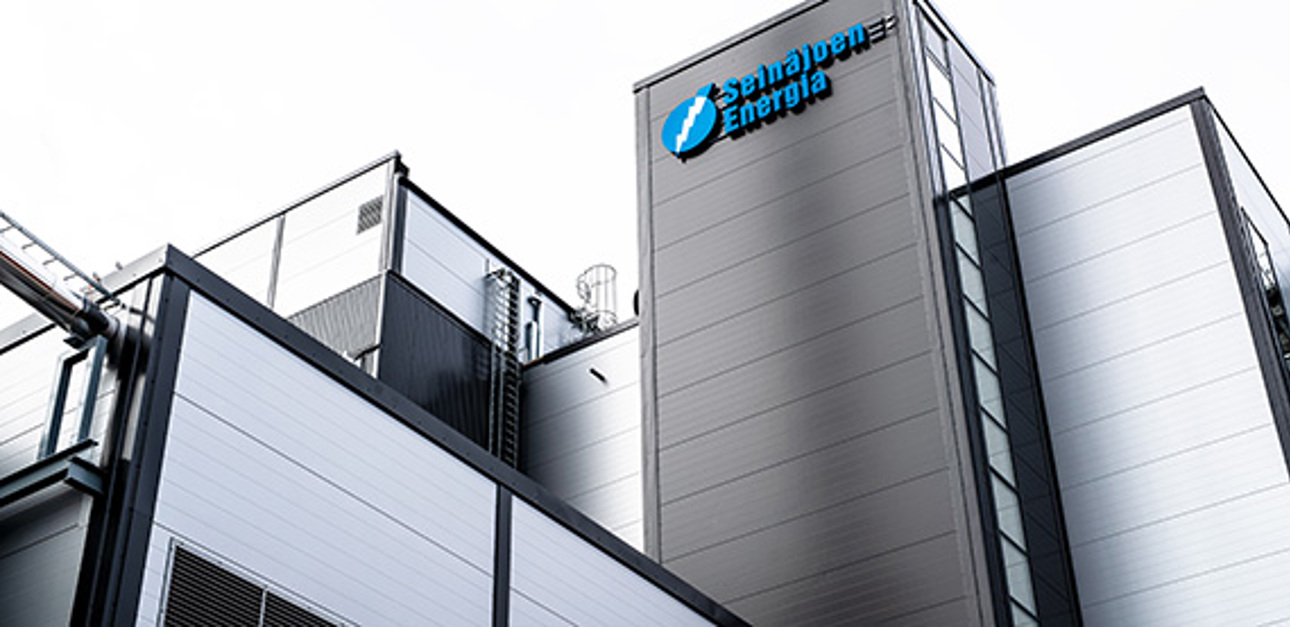
In 2020 Seinäjoen Energia decided to invest a new boiler plant to Kapernaum heat plant to meet production of a carbon neutral district heat from biofuels. Valmet was selected to deliver a Valmet BFB Boiler, an electrostatic precipitator, a flue gas condensation unit with heat recovery, and Valmet DNA Automation System for the project with a target to secure cost-efficient and reliability production with renewable fuels and waste heat instead of peat. With this investment Seinäjoen Energia has taken next step to be carbon neutral in district heat and electricity production by 2030.
The project was completed in just under two years
The contract was signed in December 2020, and the site works began in September 2021. In November 2021 main lifting was completed on schedule, but because of the pressure part manufacturing was delayed for 6 weeks, the installation schedule was updated. This led to postponing boiler pressure test and mechanical completion date for whole plant by one week.
In the beginning of March 2022, the hydro test of boiler was completed, and the project’s cold commissioning started in April 2022. The first firing was done in middle of July and the start-up of the district heating and steam production was in September 2022, just before the beginning of the next heating season. The boiler plant was successfully handed over to the customer and into commercial operation in November 2022.
The successful handover one week before planned
There were challenges, as in the normal project work, like the global pandemic and later the Ukraine war, but the successful handover is the culmination of close cooperation and partnership between Seinäjoen Energia and Valmet.
“The Project schedule was tight partly because of delivery delays caused by the Ukraine war, but Valmet prioritized the work on the critical path and in the end, and we were surprised when the plant was handover even a little ahead of schedule. The works that were the responsibility of the client were also in many parts at the last minute due to the same reasons mentioned earlier, but in the end, everything was done on time,” says Mikko Mursula, Head of Heat Unit, Seinäjoen Energia.
“The end result was a well-functioning plant, the only thing that could be done differently would be perhaps a larger space reservation in the layout, so that the placement of the equipment would have been easier,” continues Mursula.
Expectations were met in the project, challenges were solved together and both parties had a common goal to have a well-functioning plant.
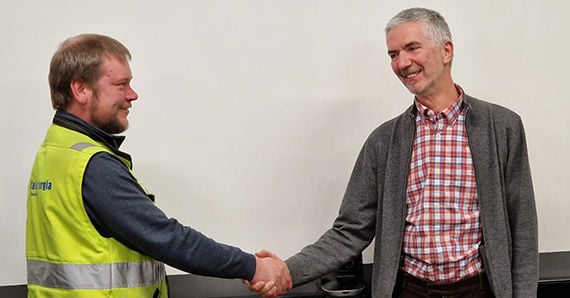
“The cooperation with both the customer and the customer's consultants has gone very well from start to finish, despite the fact that there were plenty of challenges, like global pandemic, Ukraine war and some of our internal challenges – which are normal to a project like this. Luckily the handover deadline was realistic and we managed to finish one week before it,” tells Leo Kotliar, Project Manager, Heat and Power Projects, Pulp and energy, Valmet. “I would like to thank the whole project team and especially installation and commissioning teams. Hard work, commitment and cooperation between different Valmet locations helped us to get this project to the finish line,” Kotliar concludes.
Main photo Matti Hautalahti
Information about Seinäjoen Energia Oy
Owned by the city of Seinäjoki, Seinäjoen Energia provides its customers with services in electricity, district heating and water supply. The company has approximately 4,500 district heat customers with an annual heat need of over 500 GWh. The company has decided to be carbon neutral by 2030.
Related articles
